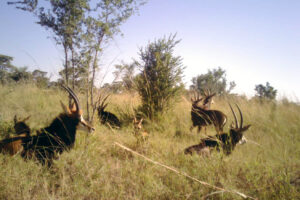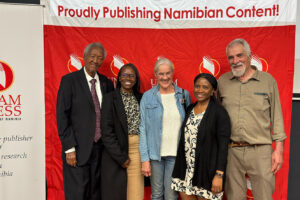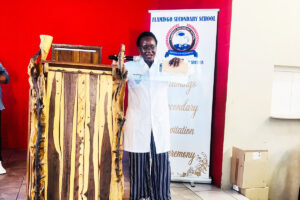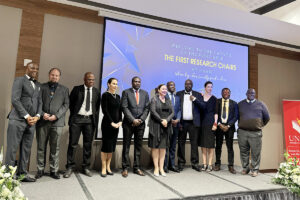The University of Namibia in partnership with The University of Turku from Finland and the Universita della Svizzera Italiana from Switzerland, hosted, earlier this year, a first of its kind “The 2020 UNESO chair South Summer school”,
The Summer school’s purpose was to investigate how digital technologies can be used to communicate and promote sustainable markets in African fashion designs and cultural tourism in world hertitage.

36 Participatants from different countries: Botswana, Bulgaria, Finland, Germany, Ghana, Hungary, Indonesia, Italy, Kenya, Namibia, Netherlands, Nigeria, Norway, Portugal, South Africa, Switzerland, and Tanzania, took part.
The school consisted of practical exercises, as well as formal and informal activities, that were related to cultural tourism and fashion. The participants attended 36 hours of lectures, which were taught by 10 international experts
The training kicked off in Windhoek with an inspring fashion show, then later carried on to Oniipa town for innovating tourism business opportunities in the rural area, over three days.
Concepts and solutions were designed on key issues such as: developing technical solutions for tourism and fashion, successes and challenges of community-based tourism in Namibia, digital fashion communication and (inter)cultural issues; cultural and religious tourism and ICTs in Africa, tourism development in Africa, looking at the African Tourism Strategic Framework (2019-2028), transcultural dynamics, aesthetics, and connectivity of African, European, Islamic and further art histories, e-Tourism and digital campaigns in heritage and contemporary design.
The participants worked with different stakeholders, and they also visited places such as Owela museum, Nakambale museum, Onandjokwe medical museum, and the Church resource services (Oniipa Tailoring Centre). They were privelleged to visit the Ondonga Palace, where they met the Ondonga King, Fillemon Shuumbwa Nangolo. In addition, they learned about the history of Oniipa, which Bishop Shekutamma Nambala narrated.

Maria Ndapewa Ntinda, a lecturer at the School of Computing, University of Namibia said “I feel privileged to have been rendered the opportunity to work with participants from different cultural backgrounds and industries who share the same interest in achieving a common goal.”
Furthermore, the stakeholders welcomed the concepts, designs and solution suggestions by the participants and agreed to continue collaborating with them in order to exhibit designs as external funded projects.
Particpants from African countries, such as Kenya, South Africa, and Botswana are planning similar summer schools at their institutions, together with stakeholders. The summer school also contributed to the celebration of 150 years of Namibian – Finnish relationship.





